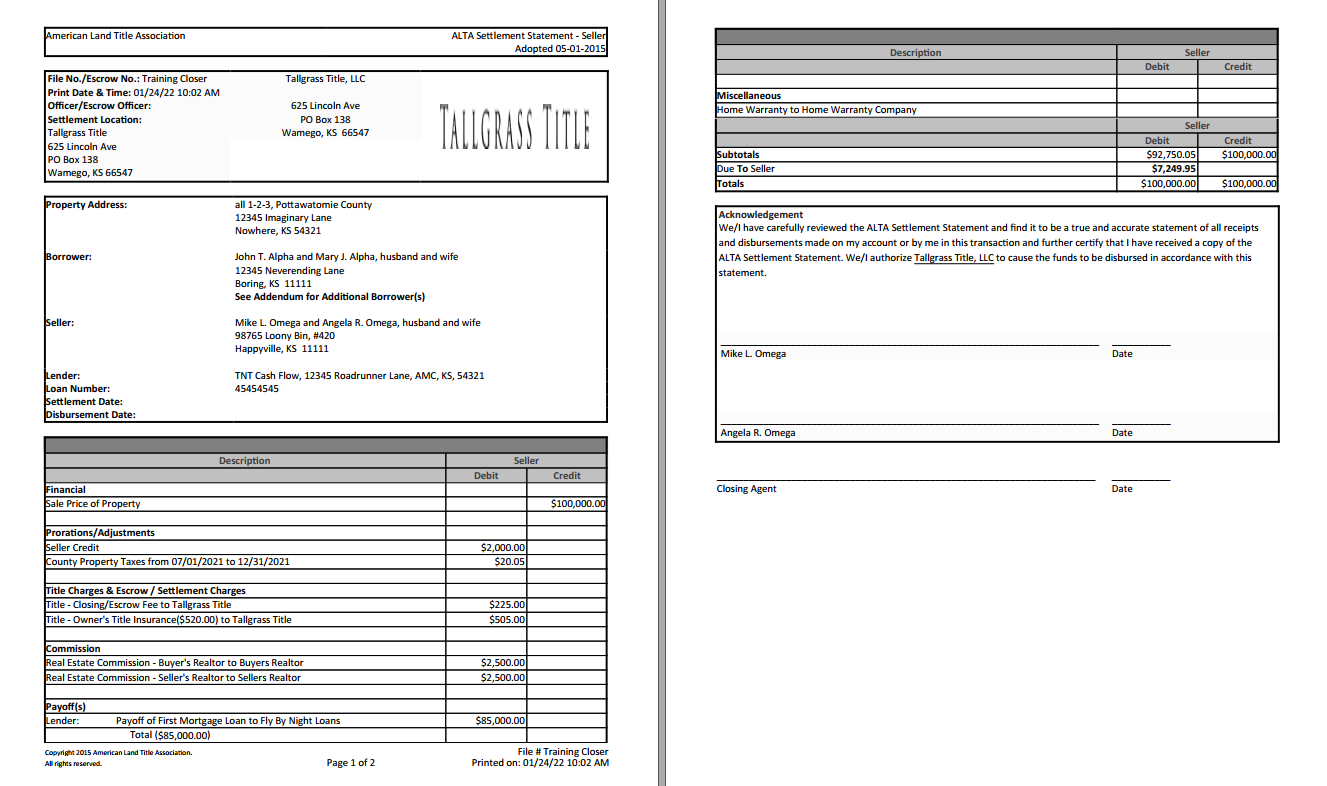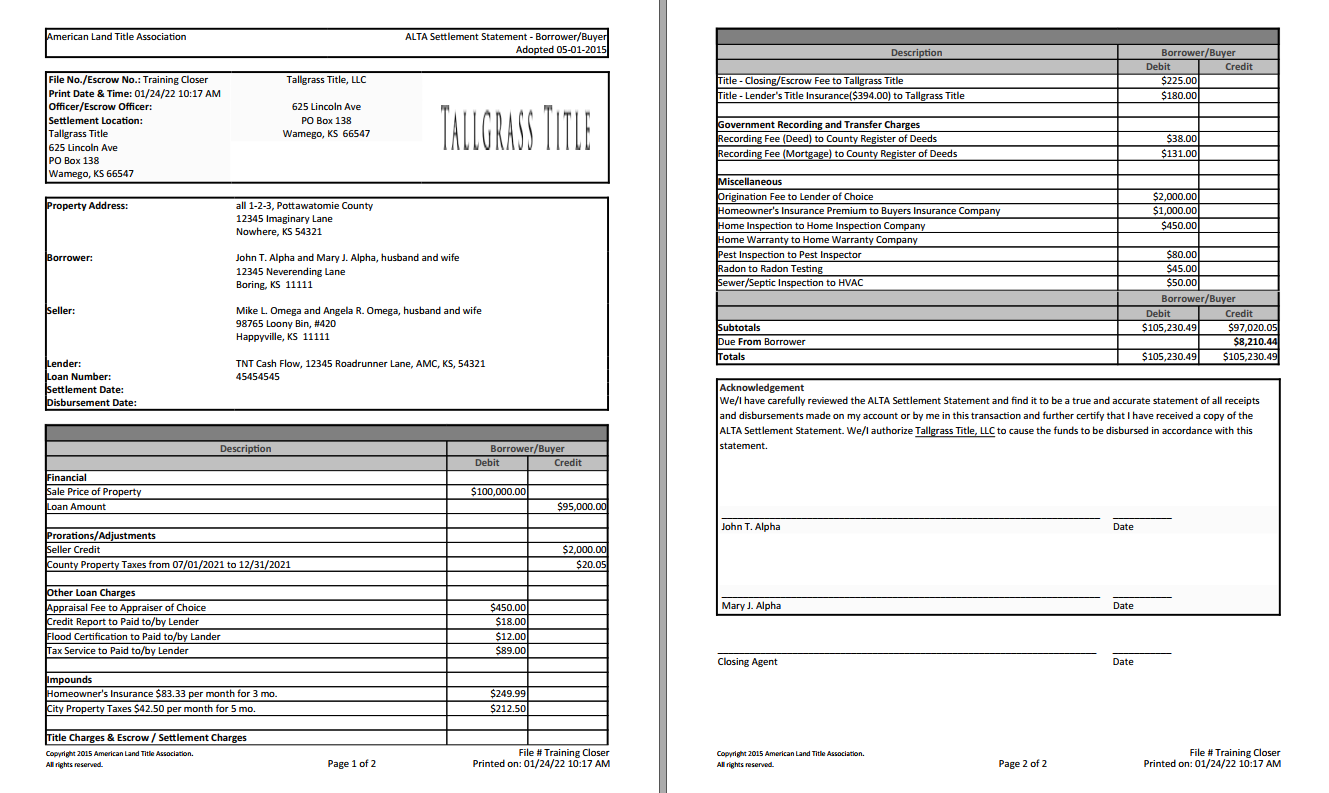I routinely hear the question: Is Title Insurance worth it?. My answer, is yes, it is quite important. You wouldn’t buy a house without homeowners’ insurance or buy a car without car insurance. I’m sure you have Health and Life insurance. If you are protected in other aspects of life, why would you not protect the title to your home as well? and does not have liens attached? The best part is that title insurance is a one-time fee that is paid at closing and you never have to worry about it again. As long as you own the property it is protected. So it would be crazy not to do it!
Who thought up Title Insurance… and why?
Title Insurance used to be done by opinions given by Conveyancers prior to 1876 when Joshua Morris founded Real Estate Title Insurance Company of Philadelphia. The purpose was to have land conveyances financially guaranteed instead of the old system of relying on opinion-based reporting without financial backing. Now, instead of “trust me” the industry offered “if we are wrong, I will pay you.” Other companies in Chicago, Los Angeles, Minneapolis and New York followed shortly after and ALTA was created to assist in standardizing and unifying the Title Insurance industry.
What is ALTA?
In 1907 the American Land Title Association (ALTA) formed as the primary association of the Title Insurance industry. The association set the precedence for title insurance, they did not standardize title insurance policies nationally until 1929.
What can Title Insurance protect against?
Title insurance protects against hidden issues, liens and encumbrances that can be costly to the new homeowner. The following are examples of potential issues:
- Lack of Access
- Unpaid Mortgage
- Seller claims to have ownership, but do they really?
- Neighbors have an easement through the property
- Previous owners deceased family member is buried on the property
- Legal Judgment for previous owner that attached to the property
No one is exempt from uncleared title issues. Even Abraham Lincoln’s father lost his home to title defects when Abe was a little boy…Twice.
So, why title insurance?
No one wants to live with the fear of losing their home due to a claim by someone else or from a lien that could put their home in foreclosure. Especially if they the option to have an insurance policy that says they own their home and no one else has a claim to it. Title Insurance, while not required, is still very important.
Title Insurance can sometimes be overwhelming and appear confusing. However, the Tallgrass Title team is here to assist with your title insurance questions, just give us a call!







